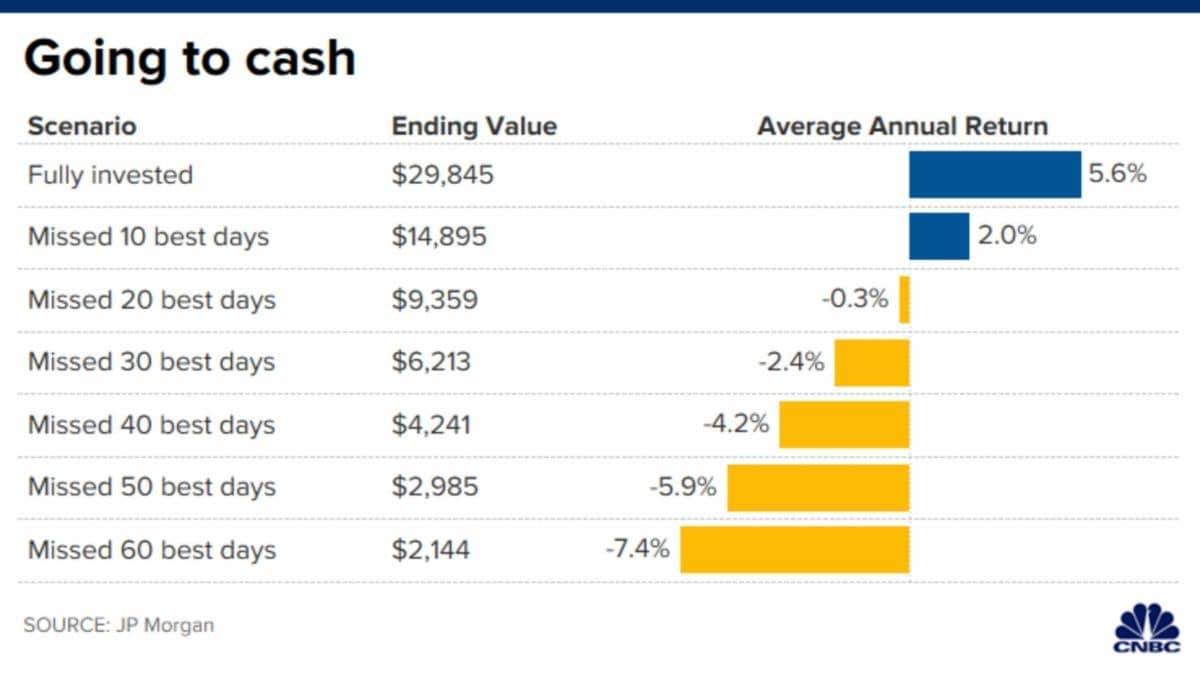Family Update
School is over and it’s time for a trip to Pittsburgh to see Grammy and Pop. There is so much to do up there, and the weather is so nice and cool. All four of them, at one time or another, have expressed an interest to live up north. They figure you get to see the changing seasons and the beautiful snow.
What they don’t understand is that snow is only pretty for a day, and then it turns into a gray, gross sludge. Winter lasts from November until about April in Pittsburgh. I think they would change their tune if spend a year there.
A lot of Baby Boomers find that the majority of their assets is equity in their home. In conversations with me, they say something to the effect of, “Dave, a big part of our retirement plan is to downsize our house.”
Let’s think about that idea for a second.
Let’s assume:
- You own a single-family house in the area.
- You enjoy living there. You’ve made it your home.
- You decide to downsize in order to fund your retirement and lower your budget.
Ok. So now let’s think about your options. Where are you going to move?
- A smaller (probably worse) single family home
- A townhouse
- A condo
- A manufactured home
That’s not to say there aren’t situations where downsizing makes sense. There are. Keep reading and we’ll get there.
But first, let’s assume your house has been your sanctuary for most of your adult life. You love it, but you’re considering downsizing to have more money for retirement.
Downsizing for savings is often a daydream, not reality.
For example, let’s say you own a $500,000 single-family home with no mortgage.
You decide to move into a townhouse. A decent townhouse will cost you $400,000 at an absolute minimum. Don’t forget about the HOA fees. That could be hundreds a month. And don’t forget about moving costs, paying the realtor a commission, redecorating or making minor repairs ….
You now own a $400,000 townhouse (which maybe you don’t like as much as your last home), paying a few hundred a month in HOA fees.
Sure, you have $80,000 in the bank (after fees, commissions, closing costs, etc). That $80,000 can produce about $300 a month in dividends and interest. You are almost exactly where you started. Maybe you are saving a couple hundred dollars a month.
Is it really worth it?
Another example: Let’s say you own a $500,000 single-family home with a $200,000 mortgage. You are paying $1,300 a month on the mortgage which you’ve had for over ten years.
You decide to move into a $300,000 condo. No more mortgage, no more expenses.
Actually, that’s not entirely true. Barring some kind of real estate miracle, a $300,000 condo is not going to be as nice as the house you just sold.
Now come the HOA fees. Condos are notorious for high fees, which can change at the drop of a hat. Also, don’t forget, you may get a letter from the condo board that says: “We decided to replace the roof and we’re going to charge you an assessment of $8,000.”
But now you have no mortgage! That saves you $1,300 a month in mortgage payments (minus the HOA of $300). So you now live in a condo that you don’t like as much as your house which needs a ton of work and you have an extra $1,000/mo.
Is it really worth it?
When does it make sense to downsize?
Here are some examples where it might make sense to downsize.
Your current home is too big.
The kids moved out and you are left with a 3,000-square-foot home with a big yard. Downsizing in this situation often makes sense. While you might not save a ton of money, maintenance-free smaller townhomes can be very attractive.
You plan on a major downsizing.
Moving from a $400,000 home to a $100,000 manufactured home will create a significant difference in budget and spending needs going forward. Few people like this option.
You have the opportunity to move in with a family member.
This can be especially attractive if your child or relative has an apartment attached to their home, or a mother-in-law suite. This is a fantastic way to lower expenses and increase cash in the bank (not to mention bringing your family together).
You have no other retirement assets.
This is not ideal, and not the situation for most retirees. But, for those folks facing this reality, selling their home and downsizing to a much smaller space can help them live comfortably throughout their retirement.
So, before you think that downsizing could fix all your retirement worries, really consider the long-term financial ramifications. Do the math, consider the emotional consequences of moving, and move ahead with caution.
Be Blessed,
Dave
